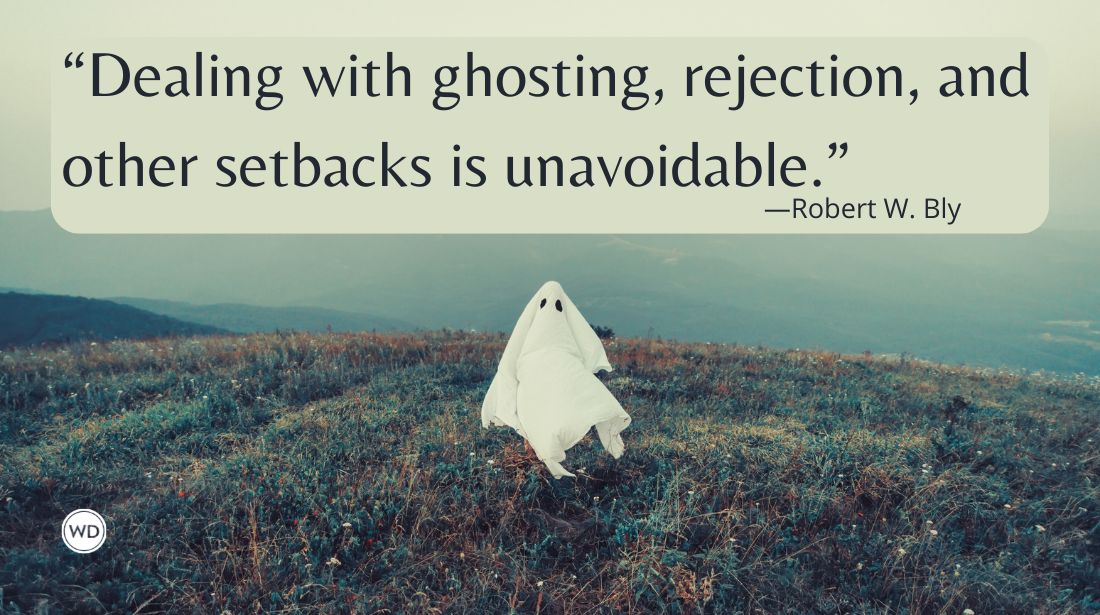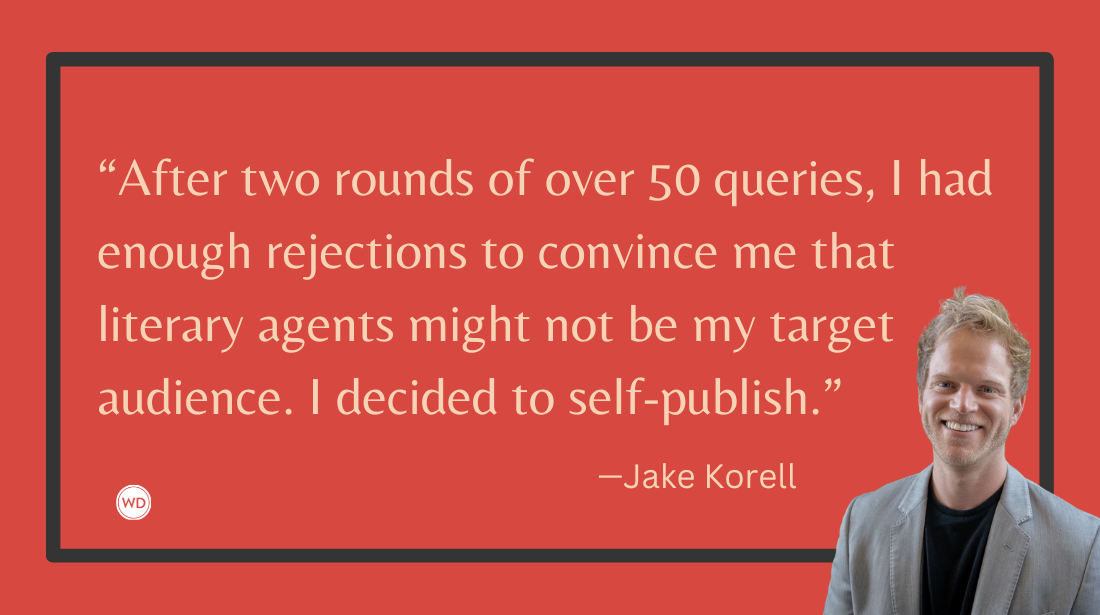Cool Tools to Track Author Platform Growth
Guest blog by Rob Eagar Most authors want to build a larger platform and sell more books. But, how do you track the success of your marketing and platform-growth efforts?…
Guest blog by Rob Eagar
Most authors want to build a larger platform and sell more books. But, how do you track the success of your marketing and platform-growth efforts? There are several obvious factors you can use, such as increased book sales, speaking engagements, Twitter followers, or newsletter subscribers. However, I want to share two little-known services that you can use for free to help gauge your book marketing effectiveness.
Google Analytics
Your author website is your most important book marketing tool. But, many authors don’t know how to determine if their site is actually working on their behalf. Fortunately, there’s a free tool that can help called, Google Analytics (www.Google.com/Analytics). Once you create an account, Google generates a specific piece of computer code that you embed on each of your webpages. It’s a simple task, but if you’re unfamiliar with html code then you can ask your webmaster for help.
After your code is setup, Google will automatically track all of your website statistics and provide insightful reports. Here’s why it’s so cool. Google reveals important information, such as how people found your site, how they explored it, and how you can enhance their visitor experience. Google provides reports that identify key metrics, including:
- How many unique visitors come to your website
- Who refers visitors to your site
- How long people stay at your website
- Why they leave and which pages are the most popular
- What keywords people use to find your website
For instance, knowing what keywords people used to find your website can be invaluable. You can use that data to adjust your site to help boost web traffic, such as modifying keywords or article titles that capture more interest, adding specific types of content, or adjusting your advertising strategy. In addition, Google Analytic’s data can help increase your purchase conversions to turn visitors into book readers. This type of diagnostic software can be very expensive. But, thanks to Google, it's all free.
TitleZ
If you’re the type of author who loves to peek at your book’s Amazon rankings, then you’ll love TitleZ (www.TitleZ.com). This is a free service that allows you to analyze the sales trends of books based on data compiled from Amazon's sales rankings. After you create an account, the TitleZ database lets you view constantly updated sales history information for millions of book titles on Amazon. If your book isn’t currently tracked, you can easily add it to their database with a few simple steps.
TitleZ lets you analyze Amazon sales rankings for an individual title, a specific author, or a particular publisher. Their history of titles is broken down into 7-day, 30-day, 90-day, and lifetime averages. Plus, you can compare the sales trends of several books against each other. I really like this service, because you can also track your book’s sales history over time, even down to a particular date. This ability allows you to see if a specific marketing initiative, such as a contest or social media campaign, created a spike in your book sales. Keep in mind that Amazon’s sale rankings don’t reflect exact sales figures. For actual book sales data, use Amazon’s free service “Author Central” (https://authorcentral.amazon.com), which pulls information directly from Nielsen BookScan retail reports. Regardless, monitoring your Amazon ranking can be one way to track your book’s overall success. For instance, you could pinpoint your book’s ranking on a specific date in the past that coincided with a radio interview or speaking engagement you conducted to see if those activities moved the sales needle. You could also compare your “lifetime average” ranking with similar books in your genre.
Building an author platform takes effort. So, make sure your efforts are really working. Take advantage of the free tools that Google Analytics and TitleZ offer to authors. It’s never been easier to monitor the growth of your platform and book sales.
About the Author: Rob Eagar is the founder of WildFire Marketing, a consulting practice that helps authors and publishers sell more books and spread their message like wildfire. He has assisted numerous New York Times bestselling authors and his new book, Sell Your Book Like Wildfire, will be published by Writer’s Digest in May, 2012. For more free advice and information about Rob’s services for authors, visit: www.startawildfire.com









